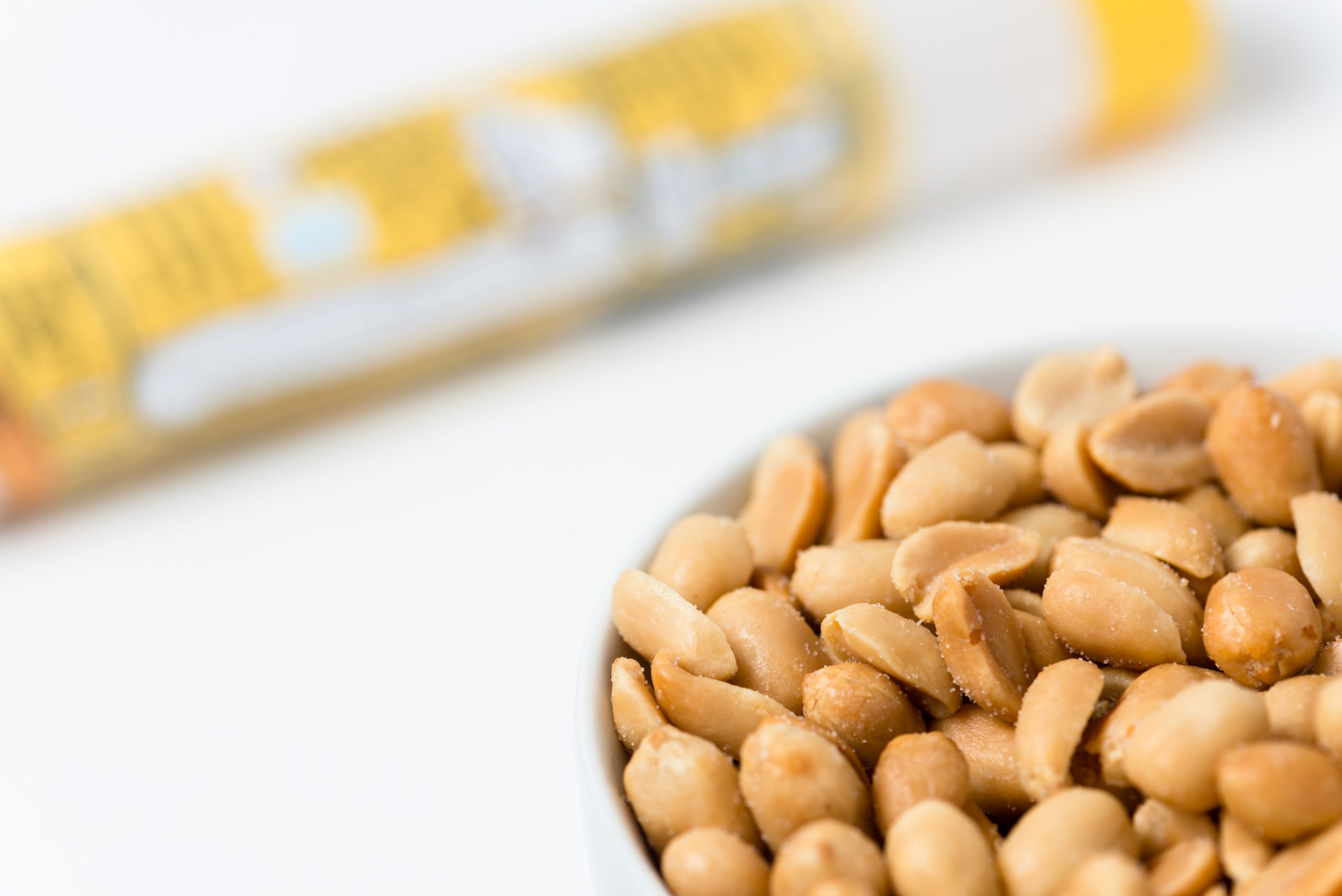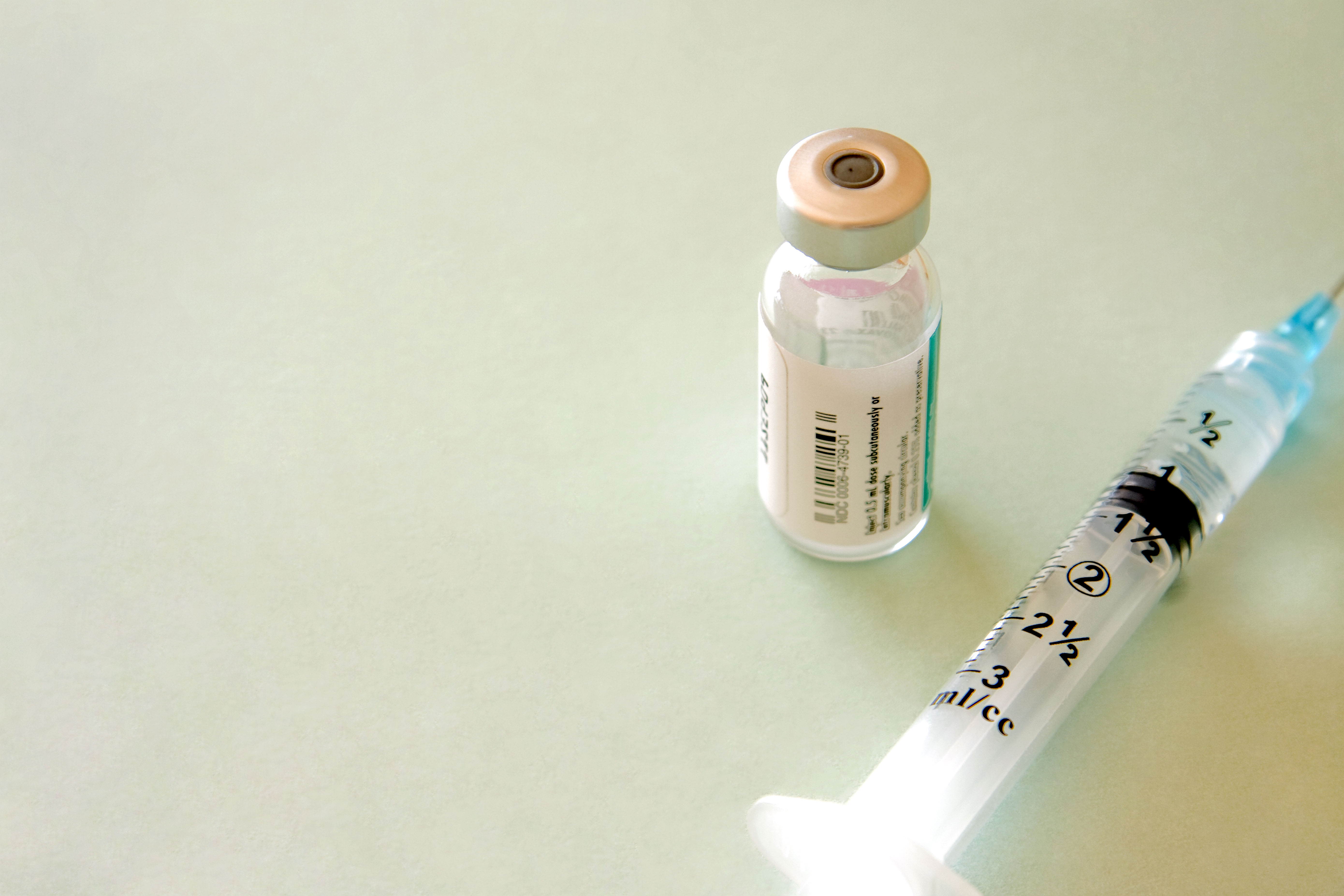Scientists developing life-changing vaccine for peanut allergies
And it could help millions of people

Scientists in Australia have revealed that they are close to creating a vaccine for potentially life-threatening peanut allergies.
The news from researchers from the University of South Australia (SA) comes as figures from Allergy UK show that the number of children in Western countries suffering with a peanut allergy has doubled in the past decade.
They report that around 1 in 50 children and 1 in 200 adults are affected by the life-threatening condition.
University of SA researcher Preethi Eldi explained that the team working on the vaccine – which is currently in development – are focusing on tweaking it so that it fools the body into not reacting to peanuts.
“What eventually happens is that it stops producing those molecules that are responsible for the allergic reaction,” Ms Eldi said told Australia’s 7 News.
Early trials of the vaccine have revealed that it does function but researchers are currently waiting for clinical trials to start to demonstrate that it works effectively.
GoodtoKnow Newsletter
Parenting advice, hot topics, best buys and family finance tips delivered straight to your inbox.
Ms Eldi revealed that if the vaccine does prove to be a success it could help to pave the way for immunisations for other food allergies.
Last month a new study published in the journal NCI insight offered yet more hope for those with peanut allergies.
In it researchers from Stanford University in California carried out a trial where 15 participants with severe peanut allergies were given a single injection of an antibody called etokimab.
Of this group 11 were able to eat around a nut’s worth of peanut protein 15 days after the injection, suffering no allergic reaction.

Senior study author Dr. Kari C. Nadeau, professor of both medicine and pediatrics at Stanford emphasised that the antibody treatment is still at the experimental stage.
He went on to explain that each dose would need to be done under clinical supervision to help de-sensitise participants over a period that can be as long as 6-12 months, during which there is still a risk of allergic reaction.
Etokimab works by interfering with interleukin-33 (IL-33), an immune system protein which triggers a series of immune responses that result in allergic reactions.
Miriam Habtesellasie is a freelance lifestyle writer who has contributed content to GoodTo, Woman&Home, Women and Idealhome.co.uk. Miriam is based in London and is a fan of everything interiors, she admits to being spoilt for choice living in the capital. From stunning architecture right the way through to eye-catching department store window displays, she believes there’s always an angle to be found that can translate to our abodes.